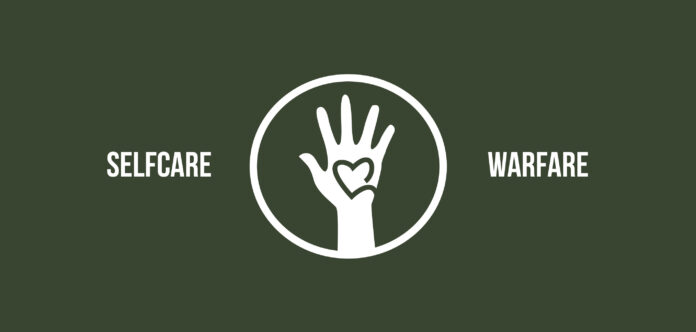If you didn’t know or did know, April is Sexual Assault Awareness Month (shout out to CARE (Center for Advocacy, Resources and Education) for hosting Take Back the Night last Tuesday). As of this column, I have yet to address issues of sexism and misogyny as it relates to our everyday interactions, thoughts and behaviours. So I figured this week’s column would be a great opportunity to bring in a discussion of everyday sexism and also talk about sexual assault as it affects people of all genders. I’m going to invite you to check out my fellow Opinion writer Maddy Pettit’s column on rape culture to get a nuanced look at sexual assault than I can offer in this single column. Again, before I delve right into the meat of things I want to first define a couple of terms so that we’re all on the same page.
So first, misogyny. From what I understand misogyny can be defined simply as hatred toward women (womyn) and girls.
Sexism is misogyny as it exists in structures. You can find examples of sexism in anti-abortion laws, which privilege the life of the unborn over that of the living womyn who might not be capable of providing for it; you can also find sexism in advertisements which sexually objectify womyn (see American Apparel ads for examples of this). Other examples include: cat-calling, the policing of womyn’s clothing and bodies and various other things that you can Google or come across as you scroll through Tumblr, Reddit and the comments sections of various Youtube videos.
Sexual assault is any involuntary non-consensual sexual act where one person is forced either physically or through coercion into sexual touching of another person. By non-consensual, I mean the other person is either not in a fully-conscious state to give consent, or the person being coerced/forced into the sexual act has said “No” and affirmed that they do not want to be engaging in said act(s).
Now that we’re clear on what these terms mean it’s time to ask how this relates to self-care. I’m going to focus more on the idea of “sex as reward.” Also I want to be clear on my own positionality and emphasise the fact that as a masculine-presenting individual I don’t face the same experiences as feminine-presenting individuals in matters of sexual assault. Truthfully, I myself have been attempting to unlearn ideas that reinforce the rape culture that we live in.
For the most part, we all understand that rape is despicable, that sexual assault is wrong, that “no” means “no,” that date-rape is disgusting, that consent means full-conscious persons agreeing to sexual acts with an affirmative “yes.” The weird thing is much of society has internalised that sex is a “reward,” as a result of so many misogynistic movies and the “nice guy” rhetoric.
Many have come to understand that somehow sex is something people who engage in sexual activity deserve and are owed by our partner(s)/that person we think is attractive/that person walking down the street/etc….The thing is, we don’t deserve sex. We are not owed sex as a reward for anything that we do. It is not and should not be treated as some sort of highly valued gift/trophy for good behaviour and whatever sort of value you want to attach to sexual activity. I’m not saying that sex isn’t good. I’m not denying that emotional fulfillment from sex isn’t a thing. I’m not trying to say that we should not want sex if we are sexually active. What I’m trying to say is that sex is not something that anyone owes us. Sex is and should be an activity in which all parties are willing to engage. By thinking that we are owed sex, we devalue that/those person(s). We selfishly transform our partner(s) into an object for our own pleasure. We dehumanise them. We transform what is imagined to be an experience that is pleasurable for those involved into something less.
But what does this look like? It looks like making out and reaching under their shirt or down their underwear, being assertively told “No” and complaining that the other is a “tease.” It looks like being disappointed that sex doesn’t follow a dinner date. It looks like being upset that you were denied sex even after giving your partner(s) a present that you think is somehow “deserving” of sex. It looks like feeling bad when you aren’t in the mood to have sex when your partner so clearly wants to. It is believing that as a sexual being you are entitled to another person’s body to fulfill your own sexual desire.
If we can begin to unlearn the idea that sex is a reward, that we are owed sex by our partner(s) or that we owe our partner(s) sexual access to our bodies, we can begin to better humanise our partner(s) and ourselves. We can begin to have better sex. We can begin to feel safer in our sexual relations. We can further the ending of rape culture in our society.
Remember: No one owes us sex. We do not owe sex to anyone.
Local resources for seeking help or reporting sexual assault:
Sexual Violence Prevention and Response
Women’s Resources & Research Center
Harassment and Discrimination Assistance and Prevention Program
Contact Gilbert Gammad at gdgammad@ucdavis.edu
Graphic by CA Aggie Graphic Design Team.




